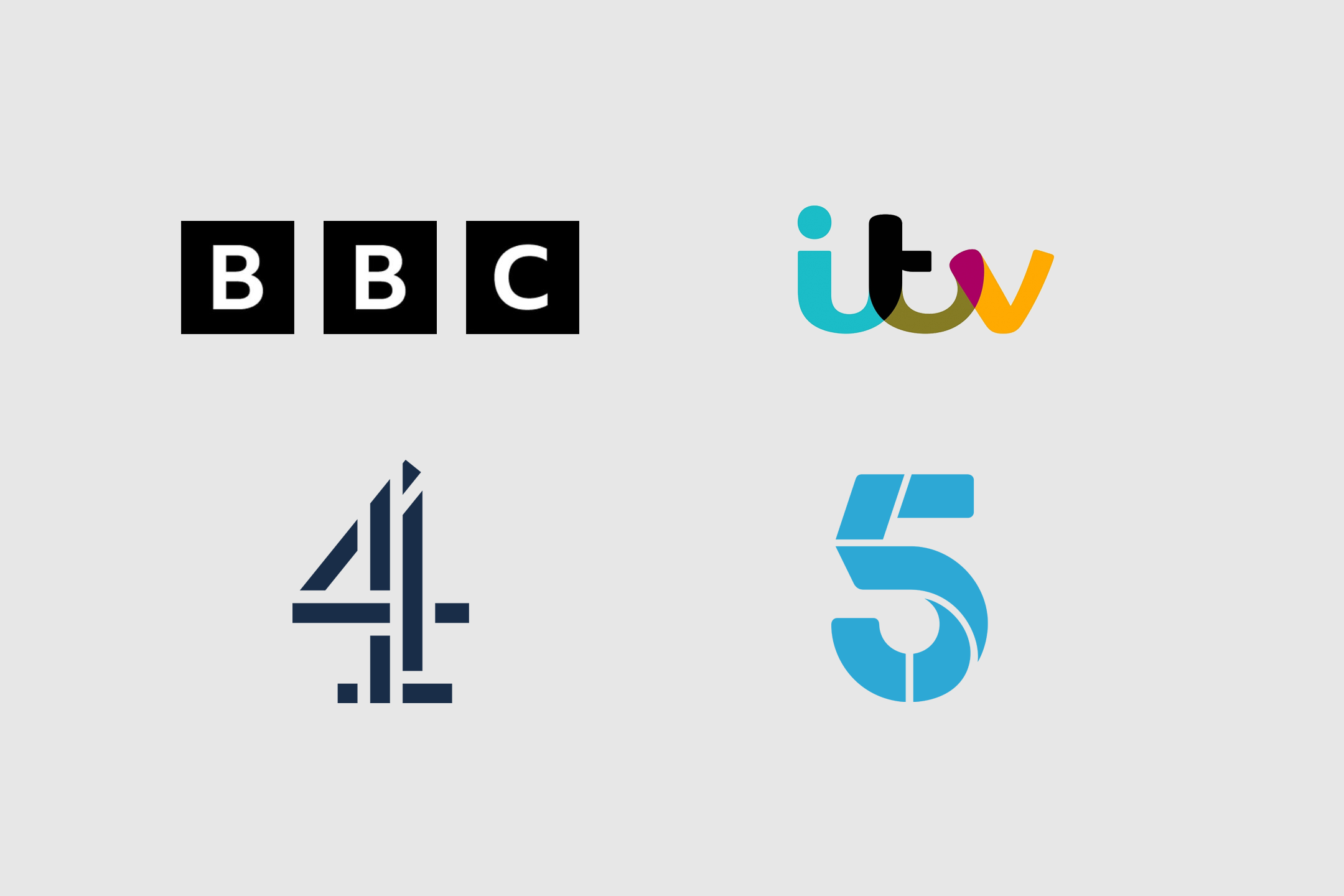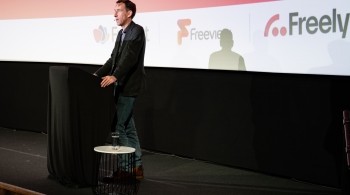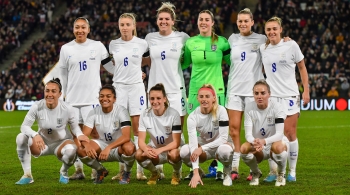
It seems rather a happy coincidence that as we approach the year in which the UK will celebrate one hundred years of broadcasting, the nation’s public service broadcasters should unite to back the future of free television for the first time.
The announcement that Channel 5 has joined Digital UK, the company that delivers Freeview and Freesat to British homes, brings the country’s leading broadcasters all together in one place as partners.
2022 not only marks the centenary of the BBC but also brings us the 25th anniversary of Channel 5’s launch and the 40th birthday of Channel 4. It is also the 60th anniversary of the year in which ITV's network reached every corner of the British Isles with the launch of 'Teledu Cymru’ or Wales West and North TV. On top of that, S4C marks 40 years since its first broadcast and STV marks its 65th birthday.
It’s going to be a bumper twelve months!
Behind the scenes of UK broadcasting, it’s been an important year for the organisation that keeps free TV on the road. First, we merged with Freesat to allow us to bring together the two biggest free-to-view platforms in the country. Between them, they deliver almost half of all viewing in the UK. And as the year draws to a close, the arrival of Channel 5 signals a new alignment of our TV stars.
However, there’s a serious side to next year’s celebrations. In case we forget, there remain uncertainties around many aspects of the future of broadcasting.
The BBC’s licence fee renewal has sparked a real examination of the priorities for the world’s oldest and most respected broadcaster. The government has suggested that privatising Channel 4 might be the best way to sustain a company that’s almost unique in its model of being publicly-owned but never costing the public a penny.
To all the UK’s public service broadcasters, the surge of streaming services, mostly US-owned, has presented a threat to their audience share - especially among the young - and inflationary pressure on content and a demand pressure on the supply-chain. On top of that, Government is formulating proposals on prominence that will affect the way British content for British audiences will be found and discovered in the future.
Looked at through a purely commercial lens, the UK’s market is as strong as it has ever been in its first century. There is clear evidence that commercial television remains very attractive to advertisers. Our broadcasters are making huge strides in shifting to digital in order to reach all age groups and sectors of the audience. Nobody outside the realms of Whitehall is writing off ad-funded TV just yet.
It would of course be wrong to look at British television through a purely commercial lens. Since the decade of its birth, our television has been aimed at more than making money, vital though that is. It has been broadcasting that serves the public, a concept that sets this entire industry above others. It is this foundation that has spurred the growth of a vibrant and healthy TV sector over decades and is now the envy of the world.
Bringing together our PSBs in one place – through Digital UK – provides us with a strong start to the next 100 years. As audiences become ever more fragmented, the need to offer single moments of extraordinary story-telling and facts to all of the country, may be even more important than it has in the past 100.
Digital UK recognises as much as – perhaps better than – anyone the need to keep pushing back the boundaries of technology and occupying the territory that it brings. It's through us the PSBs can work as one to champion the content, however it's delivered, and continue to bring the nation together for all the best TV moments.
We will continue to build on what British broadcasting offers us – the best content, the shows most focused on ourselves and our interests and our culture – all free at the point of viewing, and open to all.



